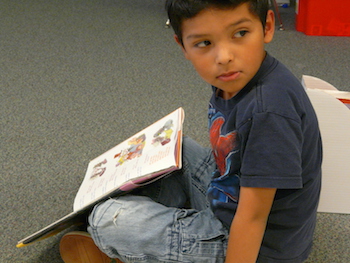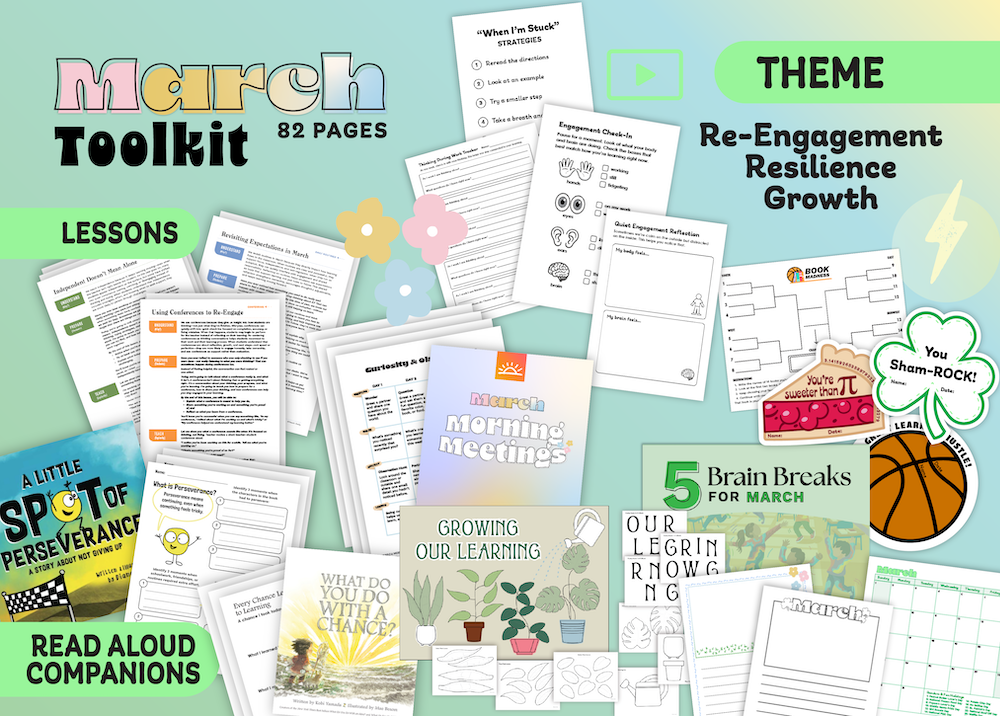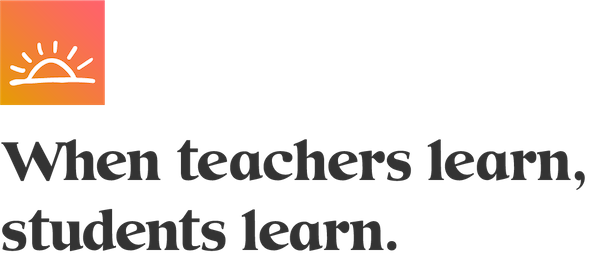
Before relying on gifted students as a peer tutor or teacher, consider their passion areas. Just because a student is passionate about a subject, it doesn't mean they are automatically able to teach that passion area to others. Attempts to teach peers who are not as interested may result in conflict rather than learning for either party. Provide students with opportunities to extend and deepen learning in a subject rather than asking them to teach it to others.
It's also important to respect the feelings of gifted students before assuming they want to act as a teacher helper, and to give them the opportunity to say no. After all, if gifted students are consistently asked to prioritize the learning of others over their own, they may feel their learning needs take a backseat to those of their classmates, resulting in resentment and hurt. Although our motives for relying on gifted students in this way may be good, we may unconsciously send the message that their needs are less important than those of their classmates.
Finally, celebrate your craft and skills as a teacher, embracing your role in reaching all students. As teachers, we are passionate about our calling, devoting years to our pursuit of degrees and lifelong learning. Recognize and embrace this important work rather than relying on students to fill the gap.
Does avoiding the use of gifted students as the teacher helper mean they should never be asked to assist others? Not at all! We want all students to be helpful, empathetic, and kind. However, take the time to examine the implications of "teacher helper syndrome" and consider some different approaches. Give gifted students control over participation—perhaps through an "open" sign on their desk or letting them determine if and how they will teach others. Let's empower students to choose how to use their gifts rather than forcing them into a role that might not fit. With a little understanding and flexibility, we can find a solution that really is great for everyone.
* Wendy VanderLinden is the K-12 Talented and Gifted Coordinator in Greene County, Iowa.



